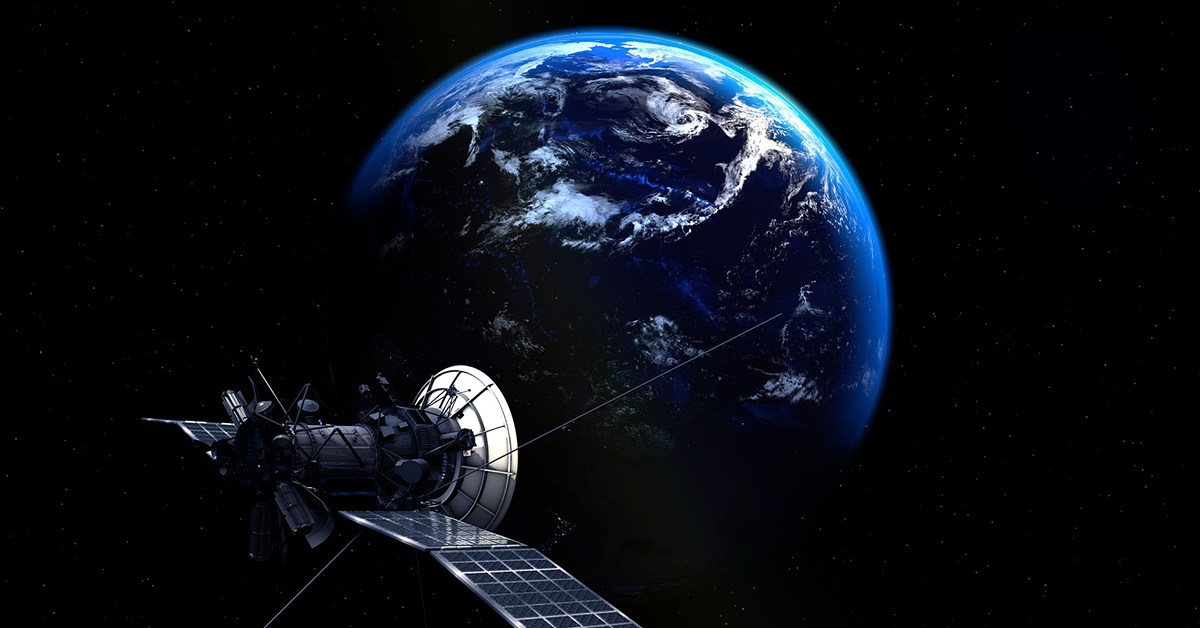A study from a U.S. Department of the Air Force think tank has identified potential opportunities and challenges in China’s heavy reliance on low Earth orbit spacecraft for its space situational awareness, SpaceNews reported Monday.
According to the China Aerospace Studies Institute study, U.S. authorities should advance American companies’ capabilities to provide space imagery in higher orbits to maintain an edge over Chinese competitors. The research also warned of potential misperceptions if China’s space-based assets, which heavily depend on its SSA, are disrupted. Another possibility that could arise from Beijing’s SSA dependence on LEO satellites is the country committing more deeply to space stability.
The CASI research showed that a limited ground-based network due to political factors constrains China’s SSA systems, despite the recent rise of Chinese on-orbit presence, as seen in establishing the Tiangong space station. Another finding in the 28-page study indicated that Chinese development of SSA capability pays less attention to geosynchronous Earth orbit, where the U.S. focus is stronger.
Space Object Tracking
The CASI study noted that China is building its SSA network not only for military applications but also for strategic and economic objectives. One goal is to establish China’s space object catalog, a potential market competitor of the U.S. space-track system and a rival in influencing space traffic management.
According to state-run media, there are over 900 orbiting Chinese satellites as of mid-July. In addition, the launch of the first satellites for China’s national Guowang constellation is expected this week, SpaceNews said.
In April, China announced a reorganization of its Strategic Support Force under the People’s Liberation Army to create three new units that will separately deal with space, information and cyber operations. Chinese Defense Ministry spokesman Wu Qian said the aerospace force will ensure China’s access to outer space.


